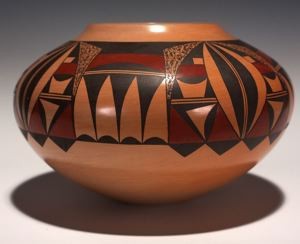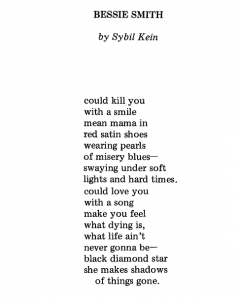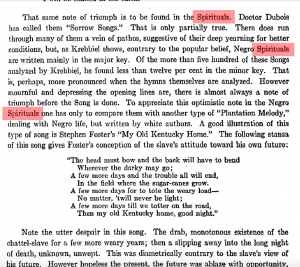On any given day, you can catch me jammin’ out to songs off the radio whether it is pop, hip-hop, rap, techno but not country (sorry!). I listen to these songs on the radio for a couple of reasons…
1. If they have a good beat and I can dance to it… then I have no problem with it the song.
2. If it is Beyoncè, I am all set.
In reality, these not the best reasons for listening to songs. But, people listen to songs for different reasons. It may be the lyrics, the artist, the genre or the emotional connections that one may have with a specific song/artist. In our society, social media plays a big part in the promotion of artists and their music. Genres such as Pop, Hip-Hop or Rap are widley listened too and are valued by the younger generations.
Pop and Hip-Hop do not have the same implications now as they did before. Hip-Hop developed out of Bronx, New York around 1970s, as minorities suffered forms of inequality and injustice. The music that they created reflected that and served as a way of expressing reality. If you were to listen to songs such as “Rapper’s Delight” (1979) or “The Message” (1982), they provide truths while also portraying black culture through song.
Fast forwarding to the 2000s, Hip-Hop continued to remain popular. But, the lyrics have become more sexualized and more and more artists have taken up this genre and have made it their own. Yes, Hip-Hop originated through the black culture but that did not mean that others could not perform this genre.
Recently, I watched a video that was created by Amandla Stenberg called “Don’t Cash Drop My Cornrows.” After watching this video, I was speechless because she addressed the complications that come between black and white rappers. She gives a good definition of both cultural appropriation and cultural exchange in terms of black culture and the rise of white rappers using black culture as part of their music. She talks about a good variety of rappers and gives examples of how their music utilizes black culture.
Here is the video:
Take the time to watch this video. As music evolves overtime, it is important that artist continue to recognize the cultural significance in which a specific genre derived from. It is not a matter of authenticity for some but it is a matter of credibility. It is okay to acknowledge how different aspects of specific cultures have influenced thier music but an artist cannot ‘claim’ another culture as their own.



